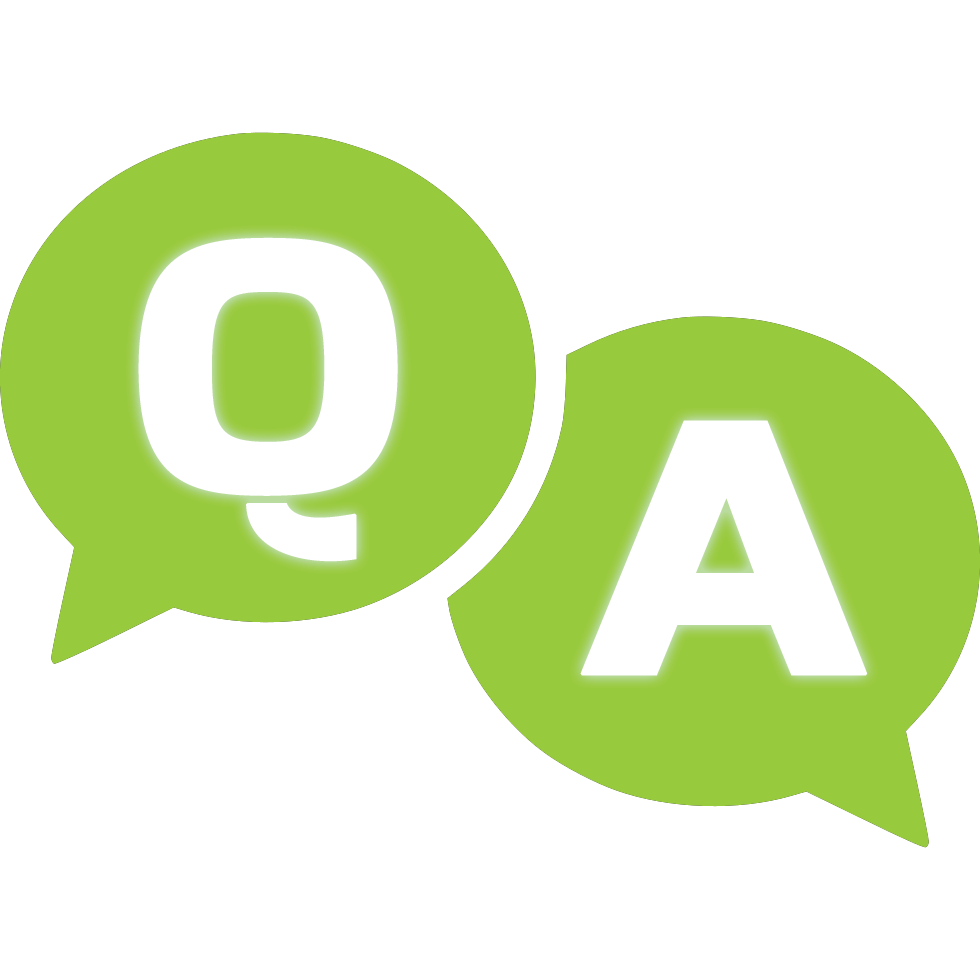
I heard some people saying that technology has progressed to the extent that it could even tell early about the birth of the new moon like solar or lunar eclipse. So could there be a possible way for hilal committees to find out earlier about moon sighting of their specific region or should they keep sticking with the moon sighting findings and announcement until one night before Eid or Ramadan?
What is the calculation method that some people follow and say that it’s also a right method? I can’t understand how it could be right when there’s a clear hadith to follow local moon sighting.

Bismillahi Ta’ala
Walaikum Assalam Warahmatullah
Utilization of technology and sciences is not wrong, rather it is desirable that we learn the astronomical sciences to understand the nature of mechanisms set out by Allah.
However, when it comes to fiqh and jurisdiction, we must follow the principles that have been laid out for us to deduce the rulings. We may not change that methodology without genuine explicitness from the sources of our deen.
For example Shariah stipulates a hukm (rule) upon women to sit in Nifas (post-natal bleeding). For this Shariah stipulates that after crowning when the majority of baby has come out of womb (more than 50%), then the nifas time commences.
In order for us to carry out this ruling we cannot rely on medical practitioners to use their their highly advance technologies to calculate when this happens. Instead, the midwife or doula or even the doctor assisting the birth will establish this point with visual observation. Hence, the visual confirmation becomes a shar’i need to start the nifas for the women.
The same is applied to new-moon (hilal) sighting. Merely calculating and speculating the new birth of the moon is not sufficient to establish the visibility of the hilal. It must be “seen” to be shar’an established.
Consider the fact that Nabi ﷺ specifically mandated in regards to sighting of the hilal for fasting purposes that we should start fasting “when we see the moon”, and in case we do not, then we must complete the 30 days of the month. The fact, that the sighting was not mandated for the 30th day, indicates the importance of sighting on the 29th. The command is given to sight, and not to calculate its birth.
It is incorrect to assume that people in the past whose life revolved around observing the night skies and movement of sun could not make an educated guess for the commencement of such days. Yet, Nabi ﷺ informed us that we are an ummah that is unlettered, who does not compute nor scribe in these matters.
Nonetheless, we are not averse to technological facilities. In fact, we do utilize the visibility curves of different models before we go out to sight the moon to assess the possibilities of sighting. Most of these sciences are used to understand whether the eye-witness for the new hilal is factually correct or not.
For example, when the new crescent is to become visible in a certain part of the horizon, and certain degree above the horizon, and at certain angle, then we are more aware of whether the one who is giving the testimony of sighting actually saw the hilal or something else.
Similarly, these scientific models and calculations help us in negating an incorrect sighting. Just as if someone were to claim that they have sighted the new hilal while the sun has not even started to set, then we would know that he has been mistaken. This is because the illumination of the new crescent is so low that it is impossible to discern in full sunlight, and moreover the proximity of the new crescent to the sun also puts such a testimony into question.
We use such data and scientific assessment to know that if a hilal is claimed anywhere where the new crescent was just 4 hours old, with low illumination, then predominant chances are that it was a mistake.
All in all, we do utilize the technology to the best of our abilities, all while keeping it within the limitation and restrictions set out by our fiqhi jurisdictions. This then is the best amalgamation of religion and science in the ambits of moonsighting.
Wallahu A’lam
And Allah Ta’āla Knows Best
Mufti Faisal al-Mahmudi
